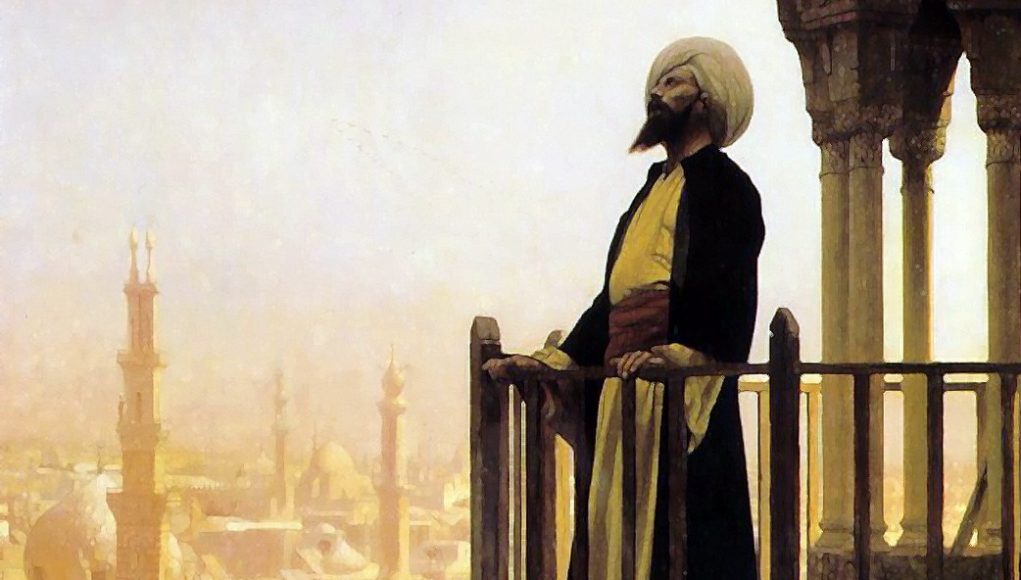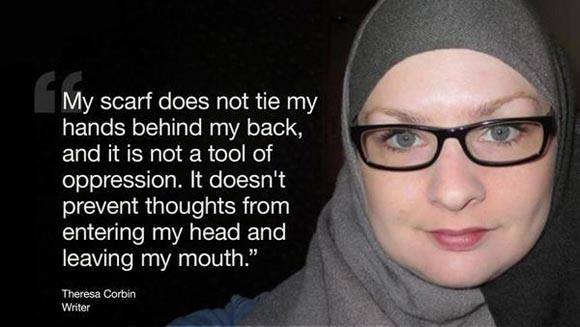There’s a lot of denial that goes on when I tell people this.
As a Muslim growing up in the West, it’s fair to see that my experience of Islam and Muslims has always been multicultural. Having been born and raised in the UK, and Asian culture not having a strong influence in my life, I was brought up to never even notice a person’s colour, educated about Muslims in Africa and China alongside Arab and Asian Islamic history, and met people from numerous backgrounds in my daily life.
As a Muslim millennial, I was also always conscious of those around me who went abroad to study Arabic and aspired to do likewise. Being a Muslim populated region and one that is more connected to Islam than others via the Arabic language, the Middle East seemed to have an appeal to me that was more than just tourism, it was about Islamic heritage.
My experiences there changed everything.
this all culminated in a trip to Palestine, when a man questioned me repeatedly and disbelievingly about where I come from, insisting I look Egyptian, forcing me to explain again and again in my hesitant Arabic that I was Asian.
It wasn’t sudden. Since my young teens, I had journeyed to various countries in the region on holiday. But on each trip, and on occasion when I met with people from there in London, something hurtful would occur. Such as when a woman in Egypt forced my mum to recite Quran to prove that she was Muslim, or when a Moroccan sister mimed Hindu worship at me because I was Asian, or when my Syrian teacher told a class full of Arabs to improve their Quran because “the Asians are getting ahead of us.”
Of course, as every non-Arab has experienced, and myself repeatedly, another example is when you are pushed to the back of the queue to enter the Rawdah (the area close to the Prophet Muhammad’s (saws) grave in Madinah) because you are brown, and “Maghrebis” get preference over you (let alone the way in which the Saudi stewards laugh at the old Asian aunties who cry while making dua). For me, it culminated in a trip to Palestine, when I almost broke down in tears after a man questioned me repeatedly and disbelievingly about where I come from, insisting I look Egyptian, forcing me to explain again and again in my hesitant Arabic that I was Asian.
There’s a lot of denial that goes on when I tell people this. But for anyone wondering, these are not my only experiences of racism. Living in the West, I’m fairly used to people giving hateful looks or making rude comments. It rarely bothers me, if anything there’s a certain pride that whatever discrimination I am facing is not just because I am a person of colour, but also because I am Muslim. As Muslims, we know that whatever discrimination we face because of our faith is a test for us, and is something that all the prophets faced. What could be more honourable as a trial?
However, when racism comes at you from people who you consider your own brothers and sisters in faith; who make you feel like a lesser Muslim or out of place, when you are trying to bond on common ground between you, it is different. Having never experienced this before, I grew tired of the endless comments and explanations, even if it was just cultural ignorance and not rudely meant. I realised that I started to dread talking to people in Arab countries, even shopkeepers in case they started debating my ethnicity. I started to re-evaluate why I had looked up to a region so much that seemed determined not to have me, instead to box me into their limited understanding of what being non-Arab meant. Despite having not visited every country in the region, I resolved that it was no longer high on my list of priorities.
Mine is not an isolated experience. I have heard stories from numerous brothers and sisters of similar encounters, and of course, general racism is prevalent in many cultures, especially in South Asia. I don’t believe my experiences were always maliciously meant, but the enduring ignorance and stereotypes of Muslims from other backgrounds need to stop, back home, and in the West. Unfortunately, this just the tip of the iceberg for our Black brothers and sisters, many of whom are indigenous to these regions but face much worse discrimination from other Muslims.
Islam outlawed all forms of racism and nationalism from its very outset, and in the strongest terms.
Muhammad (saws) said:
“O people, your Lord is one and your father Adam is one. There is no virtue of an Arab over a foreigner nor a foreigner over an Arab, and neither white skin over black skin nor black skin over white skin, except by righteousness. Have I not delivered the message?” (Musnad Ahmad 22978)
Similarly, in regards to nationalism, he (saws) said:
“He is not one of us who calls to asabiyyah(nationalism/tribalism). He is not one of us who fights for the sake of asabiyyah (nationalism/tribalism). He is not one of us who dies for asabiyyah (nationalism/tribalism).”
It is only since colonialism and the division of Muslim lands into modern nation states that this ugly form of nationalism and assumptions of religious superiority have become prevalent. In the absence of Islam as a unifying factor, societies have looked to these modern identities to bind them together, at the exclusion of others. This is when nationalism becomes poisonous, and goes beyond a mere love of the familiarity of one’s homeland – similar to the way that Muhammad (saws) loved Makkah – and instead becomes something paramount in one’s identity. This then clouds the Islamic understanding of the issue, that being Muslim is what binds us first and foremost, and Islam is not owned by any particular race or country.
As Muslims, we will never progress until we understand the real unity is not just in making dua for the Ummah, or marvelling at people from different races making pilgrimage to the Kaaba. Rather it’s about uniting upon the Deen of Islam spiritually, politically and socially.
This article was first published at themuslimvibe.com





that’s interesting!